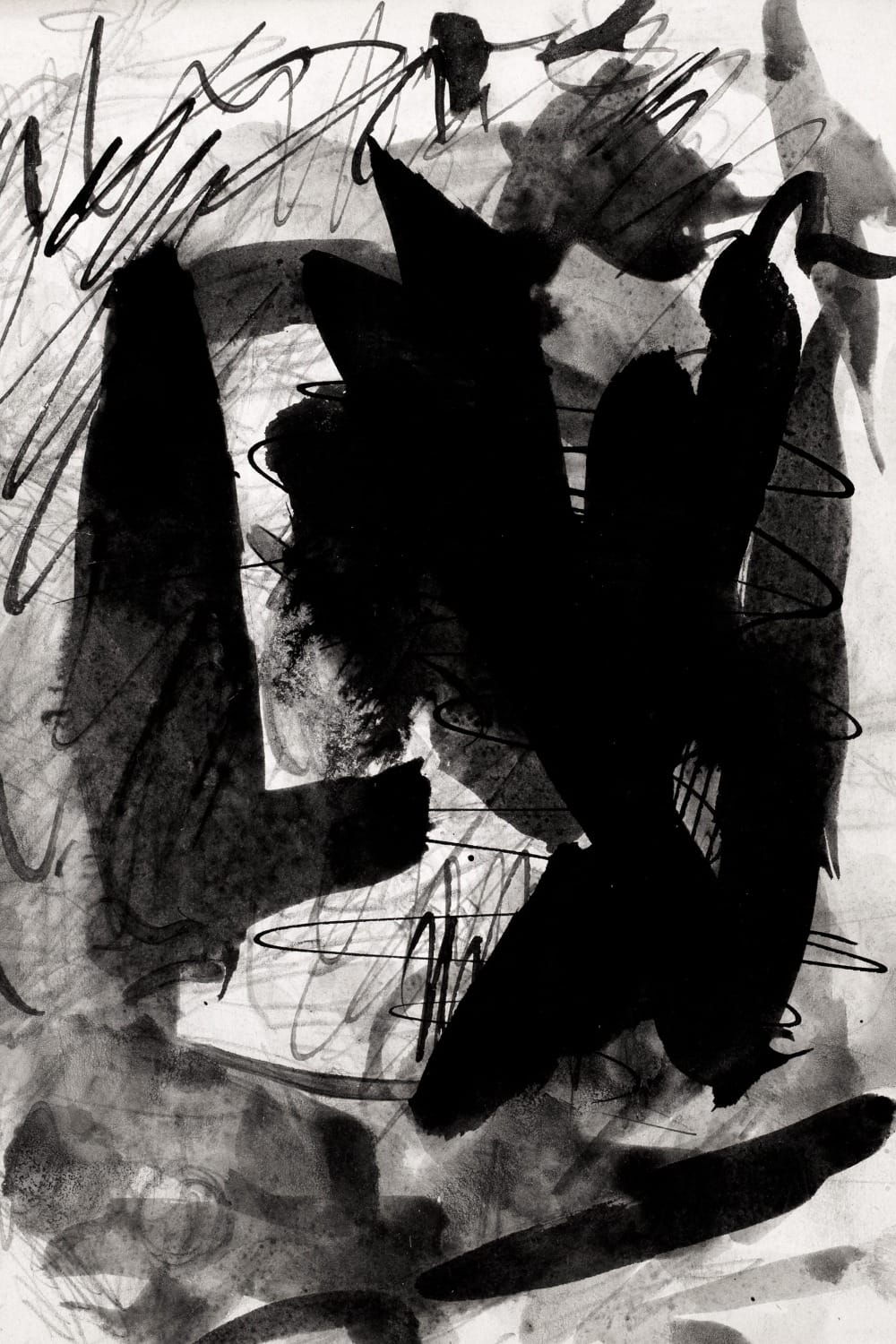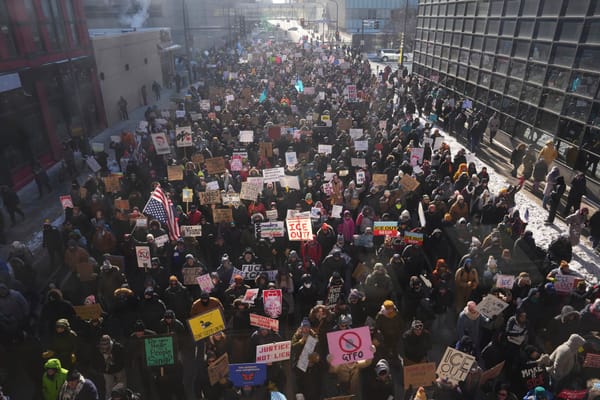Misogyny is the Hardest Word
Why don't we call out violence against women when we see it?

The Persistent is available as a newsletter. Sign up here to get it delivered to your inbox.
Two days after Joel Cauchi stabbed six people to death—five of them female—at the Westfield shopping center in Sydney, his motives were starting to become clear: He hated women. His parents have tearfully admitted that Cauchi, who suffered from schizophrenia, may have targeted women because he “wanted a girlfriend.”
Cauchi’s illness—his mother has said he “obviously was not in his right mind”—may have driven his killing spree, but stories of radicalised men committing these kinds of atrocities against women are not uncommon. The swing to the right of mainstream politics, and the rise of the incel movement, has made hating women—YouTube star Andrew Tate declaring himself “absolutely a misogynist” being a prime example—more normalized now than it has been in years. Cauchi’s actions are merely a symptom of a pernicious trend.
Add to this, reports of 14 women in New York City who, in the past month, have reported being punched in the face, seemingly at random, by different men.
Misogyny and gender-based violence are on the rise whichever way you look: At UK schools 70% of teachers reported an increase in sexist language in the past year. And a horrific 89,000 women were intentionally murdered in 2022 (more than half of whom were killed by a partner), the highest annual figure in almost two decades, according to UN Women.
Research covered by the Financial Times indicates an increasing gap in political ideologies between young women and young men—women are veering to the left while their male counterparts are swinging to the right—points to the MeToo movement as a “key trigger.” It’s a bold statement—that the act of drawing attention to misogyny had triggered even more violence and misogyny.
The truth is that women are at greater risk than ever in places they are supposed to be safe.
And too often, instead of tackling the heart of the problem—eradicating male violence in the first place—we put the onus on women to manage the fallout, to figure out how to protect themselves, to determine how best to avoid these kinds of situations. As if every woman hasn’t already spent her entire lifetime taking extra precautions: Parking in well-lit areas, sticking with crowds, carrying keys in a clenched fist just in case they might be needed in self defense. As if walking down a street, or shopping in a mall or going to school is something that can be avoided.
Let’s not go there.
More: In The Independent, the psychologist Dr Jessica Taylor says attacks such as Cauchi's are rarely “random,” “unpredictable,” “unrelated” and “unpreventable”. They are misogyny, plain and simple. Why are we afraid of calling it out?
Elsewhere.
Next month a new production of Romeo and Juliet opens at the Duke of York's theater in London. The show's female lead, Francesca Amewudah-Rivers, was subject to abuse when her casting was announced, with one commenter complaining that “the character is white” (N.B. she's also 13—but we don't see anyone complaining about that). Read more at The Cut
Women are more likely to report anxiety, depression, tiredness and pessimism than men. They are also more likely than men to say they are happy and satisfied with their lives. The contradiction has economists baffled, reports Emily Bobrow, who wonders whether the fraught realities of the work-life juggle are just “some of the inevitable ingredients of a rich and full life.” Read more at the WSJ
Today's newsletter was written by Emma Haslett, and edited by Francesca Donner.
You can follow us on Instagram, Threads and LinkedIn, or write to us at hello@thepersistent.com.





